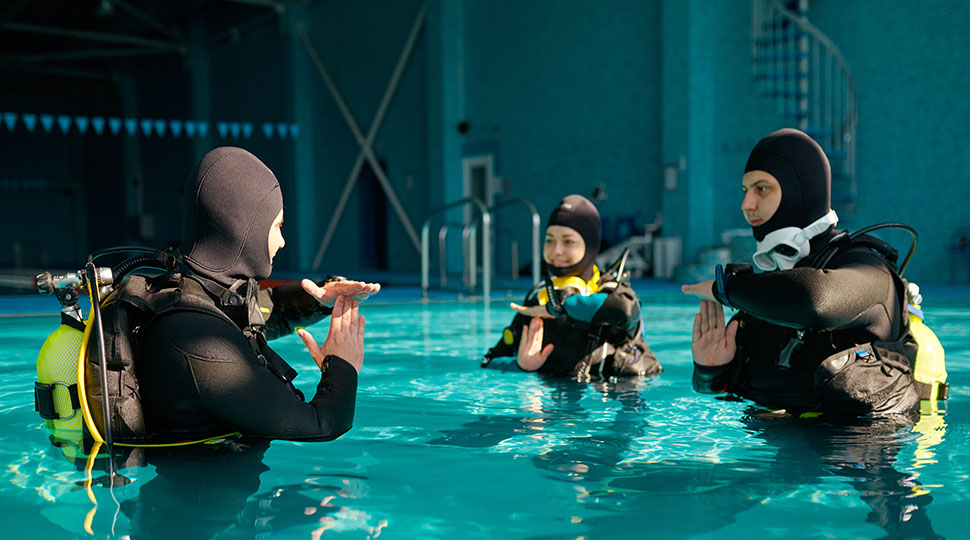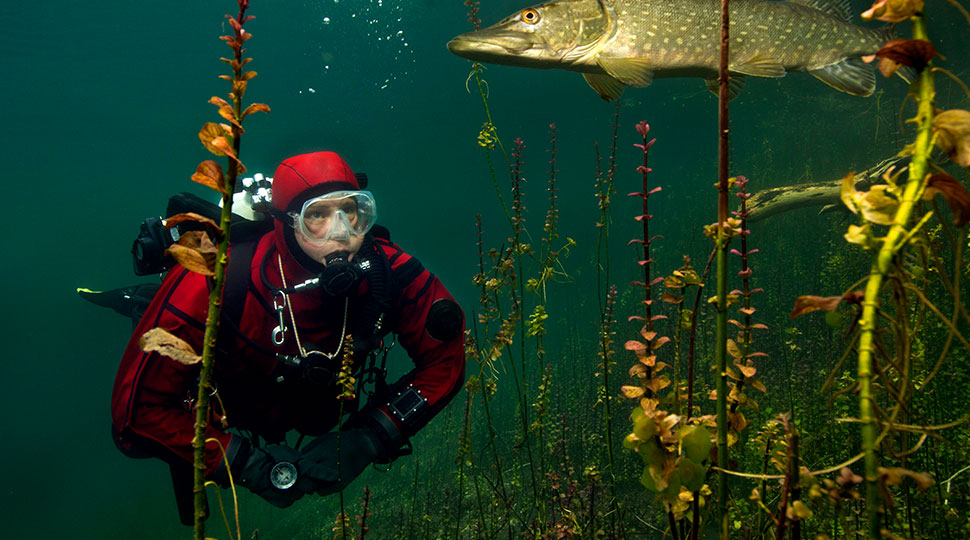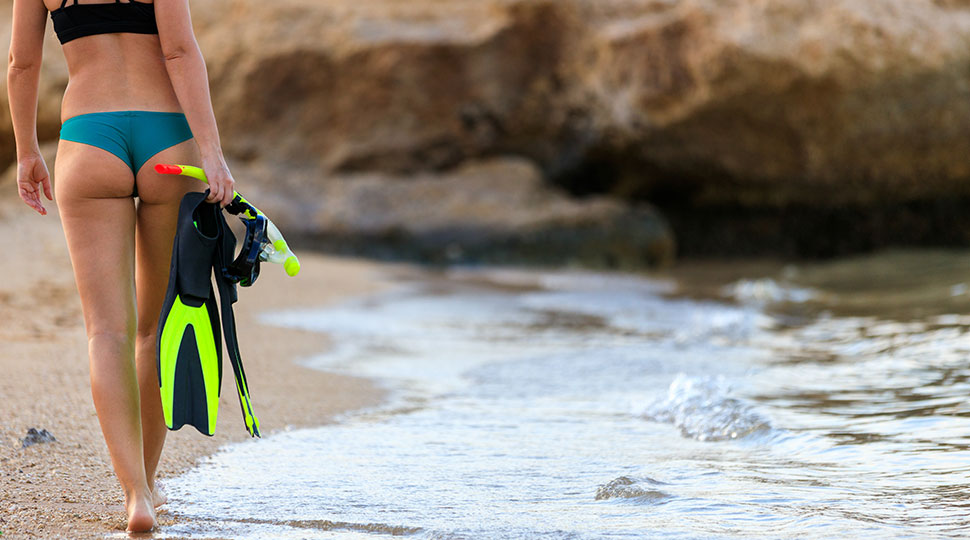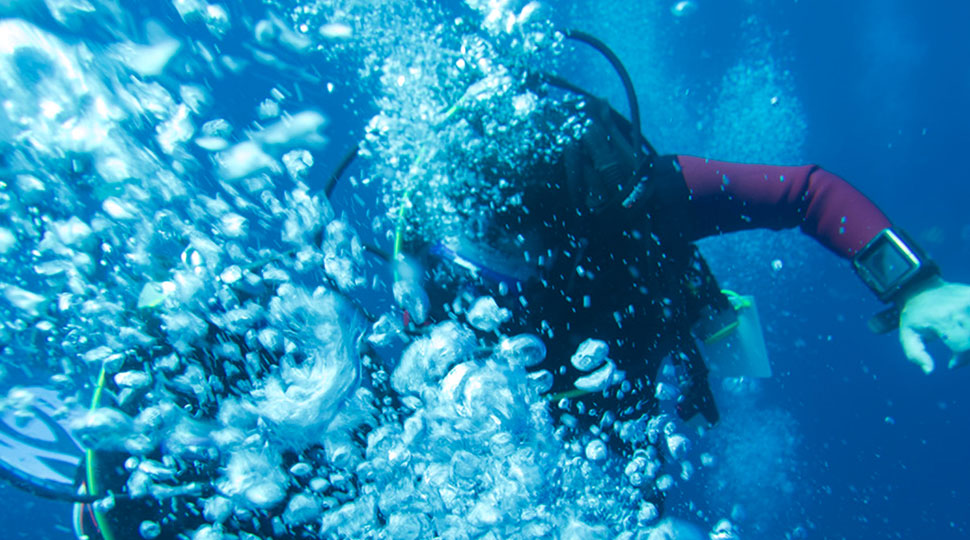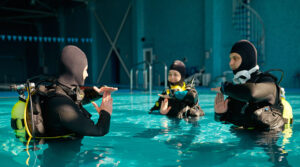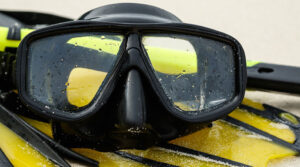Scuba diving accidents can happen to anyone, regardless of experience level or skill. Whether you’re a seasoned pro or just starting out, it’s crucial to know what to do in case of an emergency. Emergency procedures for scuba diving accidents are essential for staying safe and minimizing the risk of serious injury or even death.
In fact, according to the Divers Alert Network (DAN), there were over 14,000 reported diving-related injuries in 2020 alone.
What to Do in Case of an Emergency
When an emergency arises during a dive, your primary focus should be on staying calm and assessing the situation. Take a few deep breaths, and try to clear your mind.
Identify the type of emergency you’re facing – is it equipment failure, a medical issue, or something else? Once you’ve determined the nature of the problem, follow established protocols for response.
In the heat of the moment, it’s easy to panic, but panicking can lead to poor decision-making and increase the risk of further injury. Instead, take a step back and focus on your breathing. Remember that emergency procedures are in place for a reason – they’ve been tested and proven effective by divers just like you.
When assessing the situation, try to gather as much information as possible. If it’s an equipment failure, check your gear to see if there’s any damage or malfunction.
If it’s a medical issue, look for signs of decompression sickness, such as joint pain or fatigue. The more information you have, the better equipped you’ll be to respond effectively.
Once you’ve identified the problem and gathered information, it’s time to take action. Follow established protocols for response, whether that means signaling for help, sharing air with a buddy, or making your way back to the surface slowly and calmly.
Remember, emergency procedures are designed to keep you safe – trust in them and follow them carefully.
Common Accidents and How to Respond
Scuba diving accidents can happen at any moment, and it’s crucial to know how to respond in case of an emergency.
One of the most common scuba diving accidents is equipment failure, which can range from a regulator malfunction to an air hose rupture. If your regulator fails, try to breathe slowly and calmly while you assess the situation. Take a few deep breaths and focus on staying calm – panicking will only increase your heart rate and make it harder to think clearly.
If possible, share your air with a nearby diver or signal for help. In the case of an air hose rupture, stay calm and slowly make your way back to the surface. Remember that emergency procedures are in place for a reason – they’ve been tested and proven effective by divers just like you.
Medical issues are another common cause of scuba diving accidents. Decompression sickness, also known as “the bends,” can occur when you ascend too quickly and gas bubbles form in your bloodstream. If you experience symptoms such as joint pain, fatigue, or shortness of breath, seek medical attention immediately. It’s essential to recognize the signs of decompression sickness and take action quickly to minimize the risk of serious injury.
Panic attacks can also be a serious issue underwater. If you’re experiencing a panic attack, try to focus on your breathing and slowly make your way back to the surface. Remember that it’s normal to feel anxious or stressed while diving, but panicking can lead to poor decision-making and increase the risk of further injury.
Other common accidents include boat collisions and marine life encounters. If you’re involved in a boat collision, stay calm and assess the situation. Take stock of your surroundings and look for any signs of damage or injury. If possible, signal for help or swim away from the boat to avoid any further danger.
Marine life encounters can be unpredictable, but staying calm and following established protocols can help minimize the risk of injury.
Remember that marine life is an essential part of the underwater environment, and it’s crucial to respect their space and boundaries. By knowing how to respond in case of an emergency, you can enjoy scuba diving while minimizing the risk of accidents.
Tips for Staying Calm Under Pressure
When it comes to scuba diving accidents, staying calm under pressure can be the difference between life and death. It’s not just about knowing what to do in an emergency, but also about being mentally prepared to handle the stress and uncertainty of a crisis situation.
One way to prepare yourself for emergencies is through mental preparation and training. Practice relaxation techniques such as deep breathing, visualization, and positive self-talk. These skills can help you stay focused and calm in high-stress situations, allowing you to think more clearly and make better decisions.
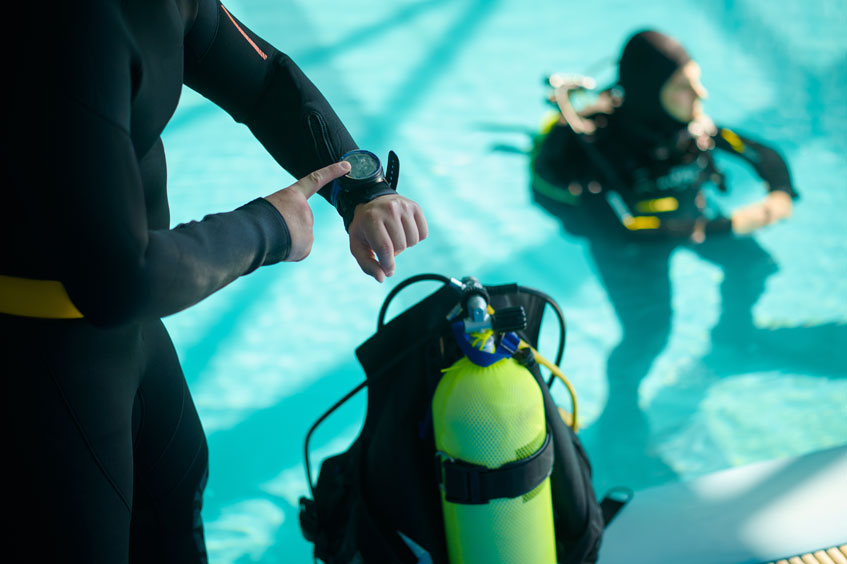
Try taking slow, deep breaths before a dive to calm your nerves. Visualize yourself successfully completing the dive and handling any potential emergencies that may arise. And remind yourself of your training and experience – you’ve got this!
Effective communication is also key in emergency situations. Make sure your dive buddy knows what’s going on and has a plan for responding to the emergency.
If you’re diving with a group, communicate clearly and quickly to ensure everyone is aware of the situation.
In addition to mental preparation and effective communication, it’s also important to stay physically prepared for emergencies. This means making sure your equipment is in good working order, and that you have a plan for responding to common emergencies such as equipment failure or medical issues.
By staying calm under pressure, you can increase your chances of survival in case of an emergency. Remember that scuba diving accidents can happen to anyone, regardless of experience level or skill. But with the right training, preparation, and mindset, you can minimize the risk of serious injury or worse.
So what are some specific tips for staying calm under pressure? Here are a few:
- Practice relaxation techniques such as deep breathing, visualization, and positive self-talk
- Stay physically prepared by making sure your equipment is in good working order and having a plan for responding to common emergencies
- Communicate effectively with your dive buddy or group to ensure everyone is aware of the situation
- Stay focused on the present moment and avoid panicking or getting distracted
- Trust in your training and experience, and remind yourself that you’ve handled similar situations before
The Safety Stop
Scuba diving accidents can happen to anyone, but knowing emergency procedures can help minimize the risk of serious injury or death. By staying calm, assessing the situation, and following established protocols for response, you can increase your chances of survival.
Remember to prioritize mental preparation and training, effective communication, and a focus on staying safe under pressure.
Whether you’re a beginner or an experienced diver, it’s essential to know what to do in case of an emergency. By being prepared and knowing the right procedures, you can enjoy scuba diving while minimizing the risk of accidents.

